“We might die of hunger before being killed by the virus”: How COVID-19 Compounds the Challenges of Pakistan’s Transgender Community
While the current lockdown in Pakistan has had a detrimental effect on livelihoods across the country, its impact on transgender communities has been particularly devastating. Covid-19 has revealed a troubling picture of transgender people’s social exclusion, marked by high poverty rates, a lack of social security programmes, and structural discrimination. Over the past years, there have been steps in the right direction towards recognizing Pakistan’s transgender community—most notably a 2009 Supreme Court judgement calling for the registration of transgender people as a ‘third gender’ and the Transgender Persons (Protection of Rights) Act, passed by Parliament in 2018. However, neither measure has been widely enforced. Pakistan needs transformative, equitable policies to ensure equal access to basic public services for its transgender communities, who are currently in a dire situation. Covid-19 provides …
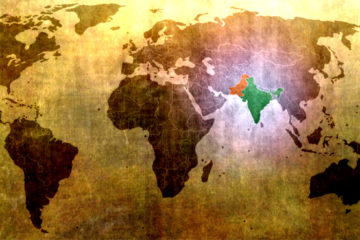
Prolonging Conflict: Global Powers’ Involvement in the India-Pakistan Rivalry
The India-Pakistan conflict is one of the most enduring rivalries of the post-World War era. The two nuclear states have fought four wars, and smaller-scale skirmishes are common occurrences. Since the nuclearization of the two countries in 1998, the nuclear stalemate has been one of the most important facet of this ongoing rivalry. Apart from Kashmir, over which three wars have been fought, constant cross-border terrorist attacks in India have severely limited and disrupted initiatives to defuse the situation. Recently, tensions have flared up because of the decision by the Indian government to abrogate Article 370 of the constitution which gave the state of Jammu and Kashmir special status within the Indian republic. This move has infuriated Pakistan, vowing to …
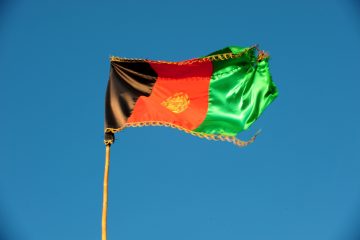
New Challenges – Is the Taliban in Transition?
On 21st May, an American airstrike killed Taliban leader Mullah Akhtar Mansour in the Pakistani province of Baluchistan. This operation, which involved multiple drones, comes as a relief to many, as Mansour had been actively planning and carrying out attacks across Afghanistan. According to the US Secretary of State John Kerry, Mansour ‘posed a continuing imminent threat to US personnel in Afghanistan, Afghan civilians, Afghan security forces, and members of the US and the NATO coalition.’ The killing of the Taliban leader, however, is likely to lead to unwelcome consequences, and will hamper peace talks between the insurgents and the government. The issue of peace talks has always been unpopular among the Taliban’s most senior leadership. In the wake of Mansour’s …
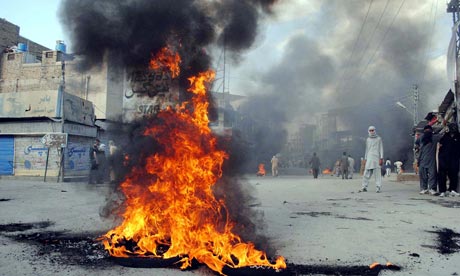
Pakistan: A nation defined by religion yet being torn apart by it
Pakistan was born a paradox. Its partition from India was considered necessary to ensure a homeland for the Muslims of the Indian subcontinent. However, its founder, Muhammad Ali Jinnah, always believed that Pakistan should be a secular state, tolerant of minorities; a homeland for Muslims but not an Islamic state. Unfortunately, he died shortly after partition and the dream of a secular and peaceful Pakistan was stillborn. 66 years after the establishment of the nation, the religious factor underpinning Pakistan’s creation and statehood has now become the principal source of its greatest national tragedy.
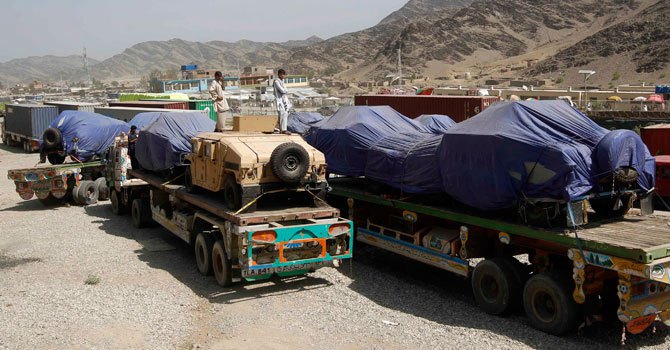
As Western withdrawal gains momentum, peace in Afghanistan hinges on one factor: Pakistan
Last week saw the first convoy of trucks carrying NATO containers, which first travelled the road to Afghanistan eleven years ago, making their return journey through Pakistan. This was a sober reminder of a harsh reality: The West is finally quitting Afghanistan in spite of their failure to militarily win the war; a war that has been expensive in both human and material terms.
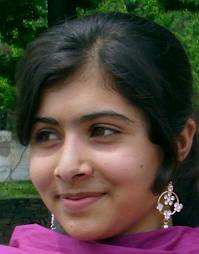
The story of how a little girl from Swat became a rallying point against the Taliban
In January 2009, Pakistan’s Swat valley was fully under the control of a Taliban affiliate, Tehrik-e-Nifaz-e-Shariat-e-Muhammadi(TNSM), and its leader Sufi Muhammad had issued a decree banning female education in the area. Only a handful of schools there had escaped the Taliban’s destructive wrath. While fear gripped the entire valley, Malala Yousafzai, an eleven years old girl from Swat’s Mingora town, began telling the world her innocent tales of surviving the Taliban’s ban on education.
Iran and the Nuclear Negotiations in Moscow: The ‘give and take’ of sensitive technology
“Until recently having or not having nuclear weapons appeared to be and was treated as a question of yes or no”, wrote Thomas Schelling in a piece called ‘Who Will have The Bomb’, written in 1976 following India’s first use of a ‘peaceful’ nuclear explosive (PNE). “From now on it will make more sense to describe a country’s nuclear-weapons status not with a yes or a no but with a time schedule”. When this was written, India’s first PNE was viewed by the international community as a lesson learned; it was clearly an example of sensitive technology and nuclear material for peaceful purposes being diverted towards military use. It was alleged that the Indian test had been carried out using plutonium from the CIRUS …
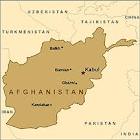
Promise and peril of NATO’s ‘irreversible’ exit from Afghanistan
With the military campaign in Afghanistan in the middle of its eleventh year, NATO has firmly moved from what is idealistically desirable to what is realistically achievable in the war-torn country. Over a decade ago, NATO intervened in Afghanistan with post-Cold War ambition. But the experience in Afghanistan, where the battle with Taliban-led insurgents is far from over, has put many off protracted peacekeeping missions. The US, who went into Afghanistan with a neoconservative mission of turning a tribal system upside down, is finally settling for an imperfect yet “responsible end” to a prolonged, unpopular, costly and deadly war. At the recently-held summit in Chicago, NATO leaders announced an “irreversible” three-stage security transition plan. Under the plan, Afghan National Security Forces …









